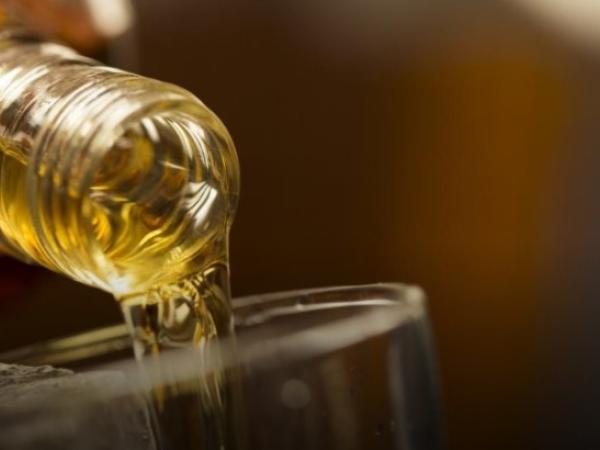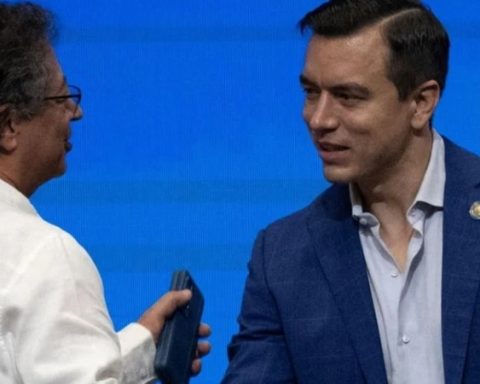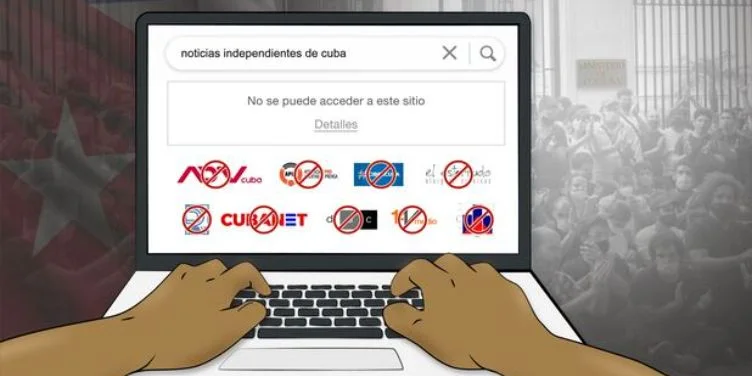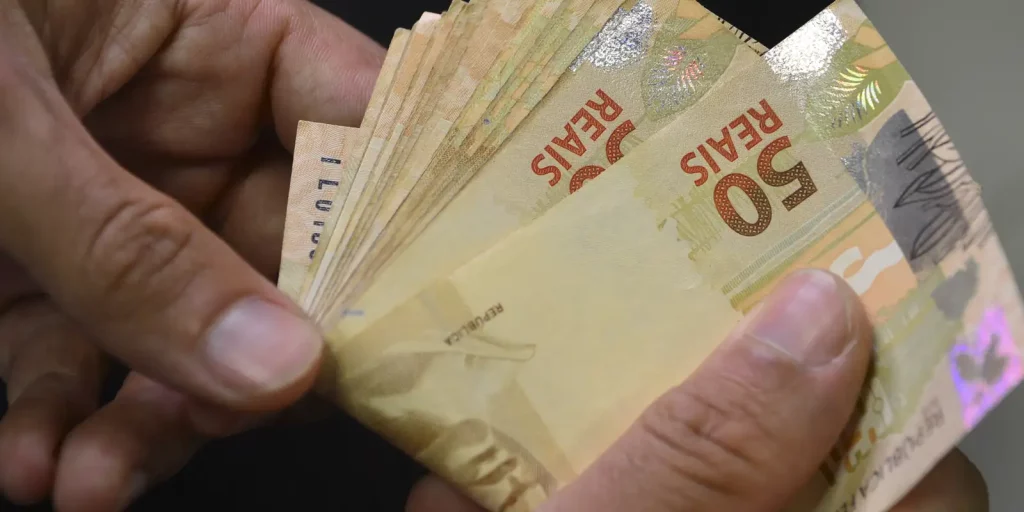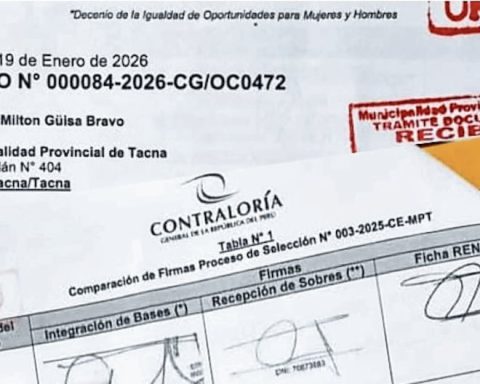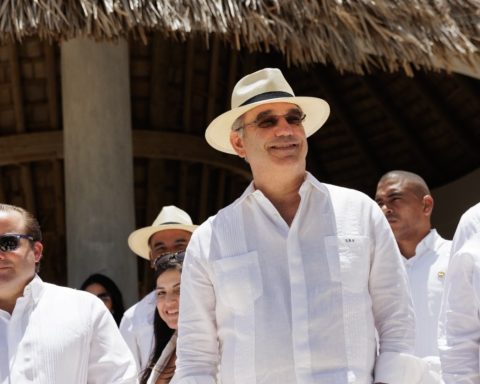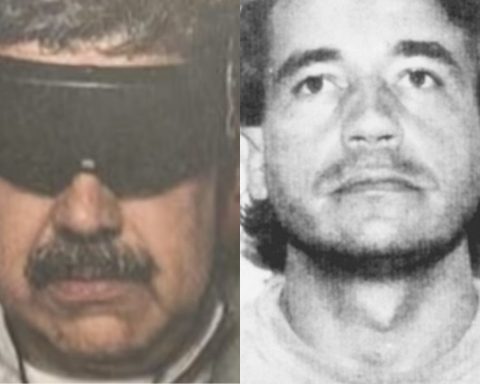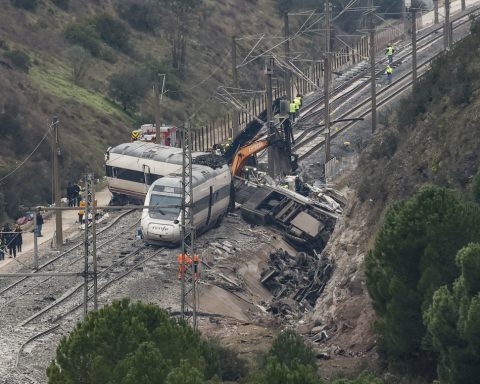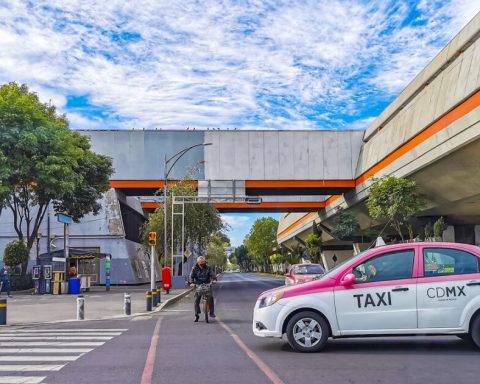The Constitutional Court held a public hearing aimed at discussing the management of the liquor monopoly in the departments of the national territory, especially with regard to the liquor market. Governors, economic experts and liquor companies participated in the debate to present their positions on Law 1816 of 2016.
(Read more: More than 80% of the labor reform project has already been approved: what is missing?)
The discussion has been motivated by the unconstitutionality demands that weigh on the first and second paragraphs of article 28 of the aforementioned standard. Same thing that authorizes the departments that manufacture liquor to suspend the issuance of permits for the introduction of national or foreign liquor into their jurisdictions.
In fact, as a result of this law, brands of spirits typical from other regions are not sold in several cities in the country. As is the case of Manzanares Yellow Brandywhich is manufactured by the Caldas liquor industry, but is not distributed in Cundinamarca due to a ban.
Thus, the high court gathered all the lawsuits into a single package to hear the arguments of each of the parties.
(Read more: What’s coming and other keys to understanding the CNE’s decision on Petro’s campaign)
Manzanares Yellow Brandy
(See: ‘The President’s immunity has been broken’: Gustavo Petro, on CNE investigation)
How is the debate progressing?
During the session, lawyer Julio Andrés Ossa, one of the plaintiffs, pointed out that the debate around the liquor monopoly goes beyond the economic. “It is how far the legislator can go in restricting human freedom and what legitimacy territorial entities have to prohibit free competition, private initiative, economic freedom and the freedom of individual choice”he mentioned.
Ossa also called to think about what would happen if the same marketing regulations were applied to another product. This, according to him, That would affect not only economic freedom, but the ability to choose of each citizen.
In turn, Gabriel Ibarra, an expert in competition law, said that there are World Trade Organization (WTO) standards that require requirements never contemplated in the law.
“First, whoever invokes the safeguard is required to provide an adjustment plan because there may be structural inefficiencies that have led to that, and he must demonstrate that these inefficiencies are not the cause, and if they are, he must undertake an adjustment plan. adjustment”he explained.
The expert also stressed that there should be compensation for those affected.

Julio Andrés Ossa, one of the plaintiffs
Other interventions
Among the participants in the hearing, which took place in Bogotá, is included the Minister of Finance, Ricardo Bonilla. In his speech, the head of this portfolio clarified that It has no influence on the income that municipalities receive.
In his accounts, he highlighted that, of the 32 departments that make up the national territory, seven (plus Bogotá) produce liquor. These are Cauca, Cundinamarca, Antioquia, Valle del Cauca, Boyacá, Tolima and Caldas. Likewise, six other departments have the right to exercise this monopoly, but they do not produce this liquor, that is, they only manufacture what is made by other companies.
Along the same lines, Minister Bonilla questioned that “unfortunately, for the purposes of what is being discussed today, health is financed with vice, that should not happen in Colombia or anywhere in the world, but what is clear is that having a monopoly on liquor means an income that sooner or later a part of it is going to finance health, although health is not only financed with this.”

Ricardo Bonilla, Minister of Finance
For his part, the director of fiscal support of the Minhacienda, Néstor Urrea, explained that with the money collected with the rent monopoly of distilled liquors, 3% is allocated to sports, 37% to health and of the remaining percentage a 51% to education.
The governors of Valley, Caldas and Cundinamarca They were also part of the debate.
In the case of the governor of Caldas, Henry Gutiérrez, he highlighted that the discussion is motivated by the right to access an open and competitive market. In that sense, he noted: “Why should the State, through the departmental governments, decide what type of liquor to consume? Aren’t we citizens the ability to freely choose the liquor we want without impositions, just as we do when choosing any product in a commercial establishment? “.
(See: Reactions to the CNE presentation against Gustavo Petro)
PORTFOLIO
